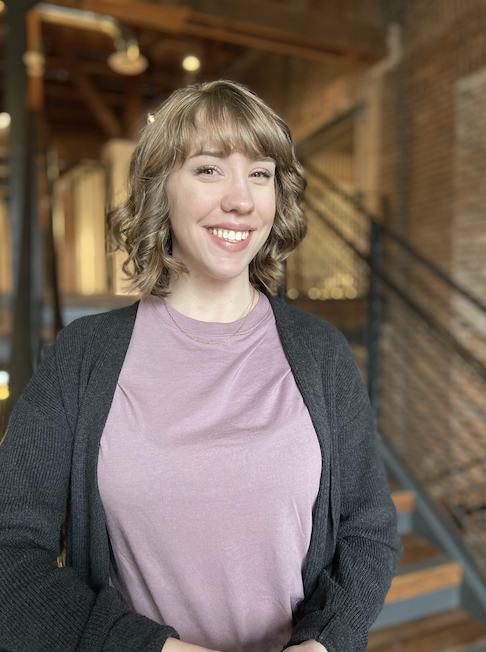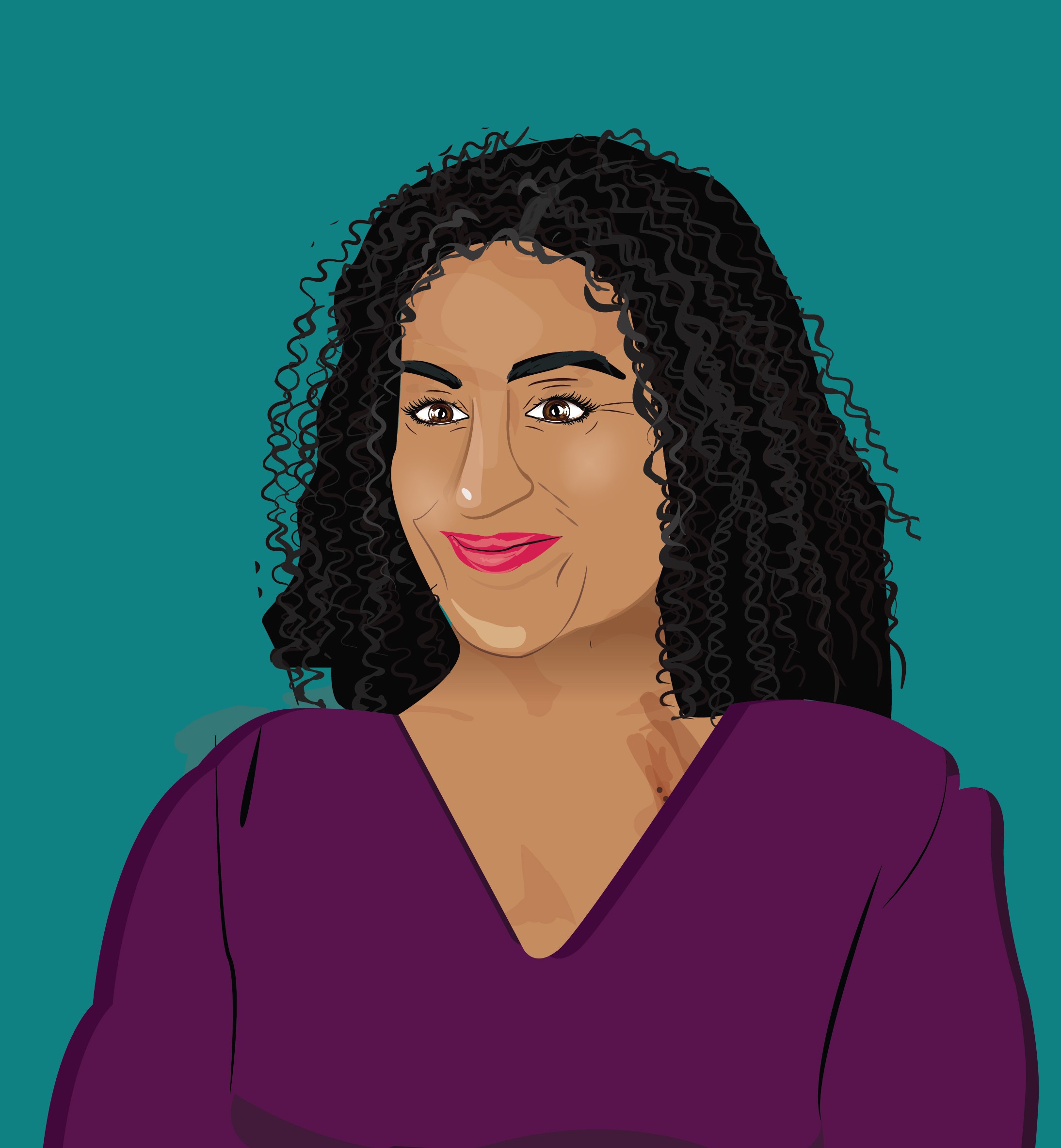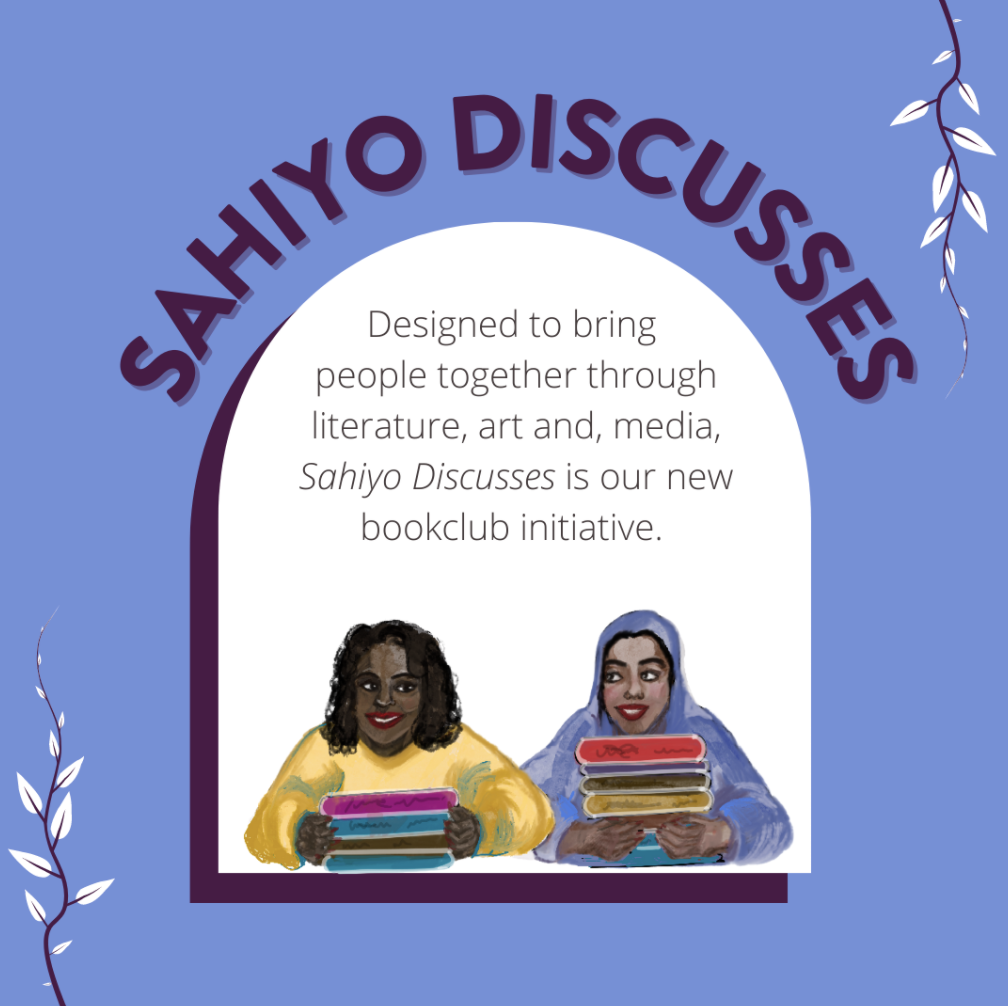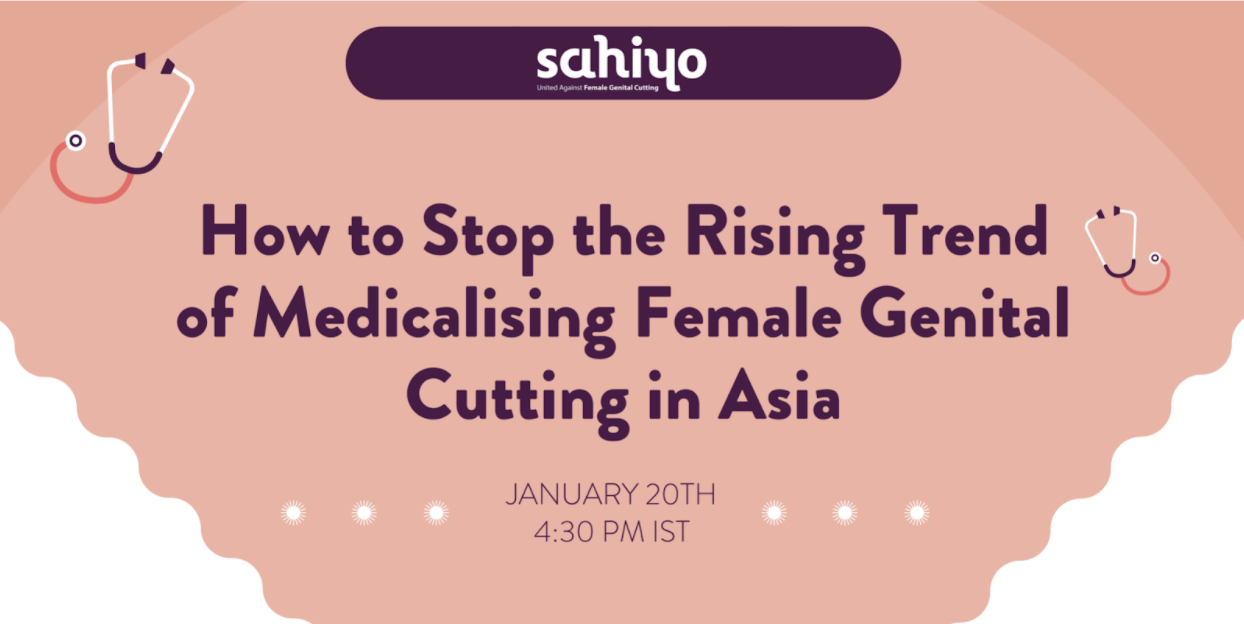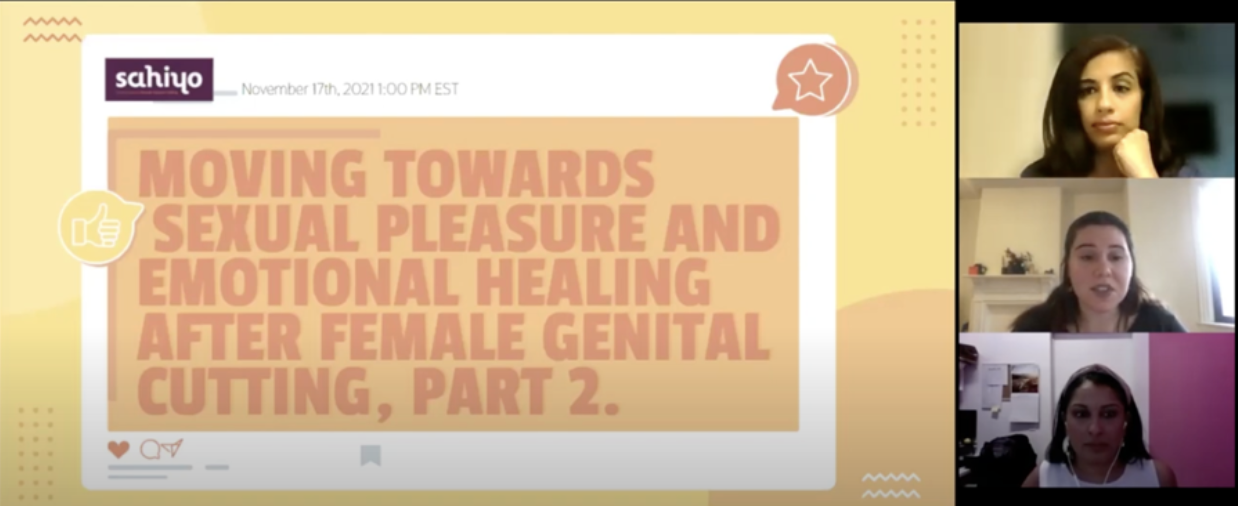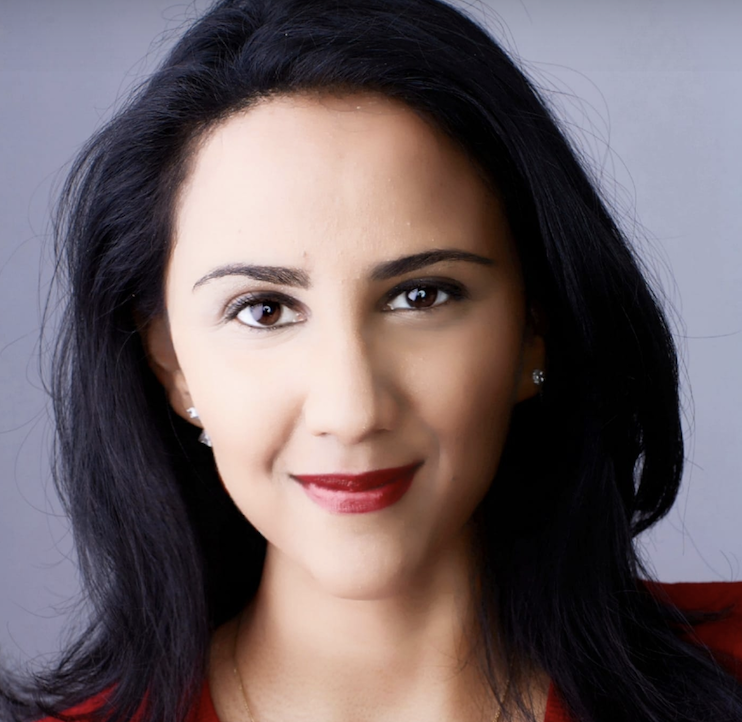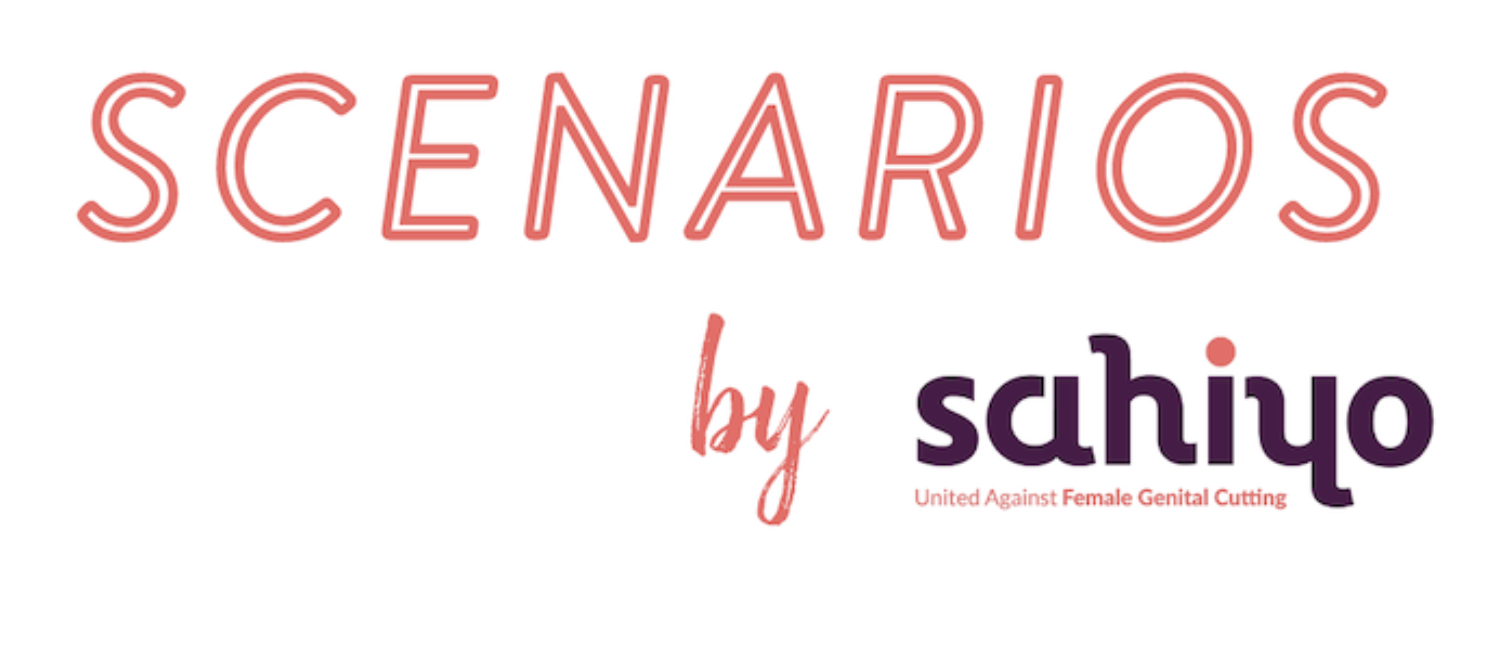Kristin received her Certification of Editing through the University of Washington. As an enthusiastic grammarian and dedicated feminist, she is passionate about elevating women’s voices through storytelling and communal dialogue. Kristin has spent many years as a genre-fiction specialist and intends to use her editorial skillset to assist Sahiyo’s mission of ending the practice of FGC.
When and how did you first get involved with Sahiyo?
I became involved with Sahiyo when I applied for the internship program after finishing my editing certification. And good thing I did, this program has undoubtedly changed the course of my life.
What does your work with Sahiyo involve?
As an editorial intern with this organization, I guide volunteers through the blog publishing process. When a topic of interest arises, we reach out to interested volunteers and help them develop the narrative direction. It feels personal, intimate almost, given the nature of the work we do here at Sahiyo. I have also worked on proofreading the new website and expanded on Sahiyo’s existing Style Guide, a cool editing tool that we use to make our usage and spelling consistent–in the same way a baker might rely on a recipe. Overall, it’s a wonderful balance of personal connection and professional development.
How has your involvement with Sahiyo impacted your life?
This is emotionally demanding work. Learning more about female genital cutting, article after article, interview after interview, project after project, is an act of extreme empathy. And while I will never know firsthand the trauma of what survivors have experienced, I can do the important work of providing community, of shaping dialogue, around this issue. It’s hard. It’s hard wading through the intense, irreversible suffering of others. I’ve been angry. I’ve cried. I’ve felt the foundations of my worldview shift. But the most important lesson I have learned from this experience is that discomfort is so profoundly necessary. I have always been the kind of person that doesn’t watch the news, doesn’t keep up on climate change or any other distressing issue because it hurts. It makes me feel powerless.
And this has been no different. I’ve wanted to turn away from this task. I’ve been able to turn away when I need to. And what a privilege that is. What a privilege to be able to set down these stories, to close the browser and shift my focus to lighter things. Reprieve is a gift. But survivors deserve more from me than that. They deserve to be heard. They deserve a world where violence and control over women’s bodies are things of the past.
This job has forced me to be uncomfortable. To look. To listen. To hear. In ways that I did not know were possible before. I have gained a deeper resilience and respect for womanhood.
What words of wisdom would you like to share with others who may be interested in supporting Sahiyo and the movement against FGC?
Be uncomfortable. Listen to the story of your own emotional responses. When it hurts to hear, check your privilege and reflect. Survivors of this practice are not different from you. They may look different. They may live an ocean away (though many do not), but they deserve the same extension of humanity and kindness that you would wish to receive. So do the important work of listening, of funding, of opening yourself up to this tough task. Sahiyo is an enriching community of brave, courageous women and men working to remove a stain upon our global history, one that has lasted millennia. Being a part of that is so cool. You will find, I’m sure, no greater honor.

